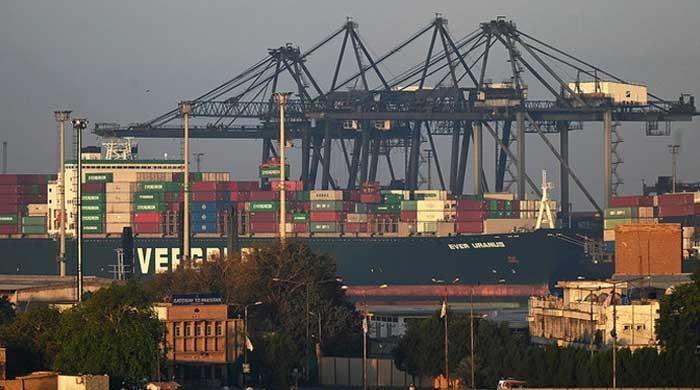Islamabad: An important shortage of critical medical devices paralyzes the health care sector across the country, while the customs authorities stop shipments after the expiration of a recording exemption, news reported.
Essential supplies, including diagnostic kits, surgical tools, implants and surveillance equipment, are blocked at airports and ports, aggravating an already precarious situation for health care providers.
Importers and health professionals warn that hospitals feel tension, with crucial equipment unavailable for urgent procedures.
Customs officials contacted the Drug Regulatory Authority of Pakistan (DRAP) to obtain advice on the opportunity to disclose the expeditions seized or apply the exhaled exemption under SR 224 (1) 2023, which triggered the December 31, 2024.
Consequently, many shipments of class A, B, C and D medical devices remain blocked at various entry points due to the requirement of a certificate of enrollment and registration.
Syed Omer Ahmed, President of the Healthcare Devices Association of Pakistan (HDAP), said: “The situation forced desperate importers to approach the High Court of Islamabad (IHC) for the intervention. Coercive measures against the petitioners until ‘To what their current registration requests be resolved.
Despite the court order, customs officials remain hesitant, causing accusations of overestaries and worsen shortages in hospitals.
Ahmed stressed that the inaction and ambiguity of the customs of members (operations) and the wrinkle in the supply of clear directives to the provincial customs authorities, despite the order of stay of the IHC, had already thrown a devastating impact on the health care industry.
Although RIDP has recommended an extension of the exemption period and transferred the Council to the Prime Minister’s office through the Ministry of National Health Services, no official notification has been issued by the government, he maintained.
“In the meantime, the customs authorities remain vague on how to proceed and have sought more clarity of sheet, which has not yet provided a final response,” said Ahmed.
Expressing serious concerns about bureaucratic delays, he warned that not resolving this regulatory bottleneck leads to deterioration in the state of imported devices in ports and airports, which potentially leads to their complete loss.
“Medical devices are rusting at the entry points, while patients suffer due to shortages,” he added.
The situation is still exacerbated by the absence of a permanent CEO at DRAP, because the regulatory body has been without leadership since the retirement of Asim Rauf two weeks ago.
A senior wrinkle official, speaking on condition of anonymity, admitted that they were preparing to officially ask the customs authorities to act in accordance with the court directive.
“Interpreting judicial orders is not the responsibility of RIDP. We write to customs officials to follow the decision of the IHC. If they have doubts, they should request legal advice,” said the manager.
Pakistan is based strongly on imported medical devices, which are essential for surgical procedures, diagnostics and emergency interventions.
In 2017, Drap introduced the rules of medical devices, which included rule 52, allowing an exemption period for the recording of medical devices. This exemption was extended in 2021 and 2022 to provide curtain over time to regulate thousands of devices not previously recorded before.
Despite repeated judicial orders ordering sheet to accelerate the registration process, thousands of requests remain pending, leaving importers in limbo and threatening the availability of essential medical supplies.
Pakistan hospitals are already faced with serious shortages of diagnostic kits, implants and surgical tools, leading to canceled procedures and compromised patient care.
The reports of the main health establishments indicate that delays in obtaining crucial medical equipment forces doctors to postpone surgery saving lives.
An initiate of the curtain acknowledged that the regulator does not have human resources to effectively treat pending applications, resulting in repeated delays in the issue of exemptions.




